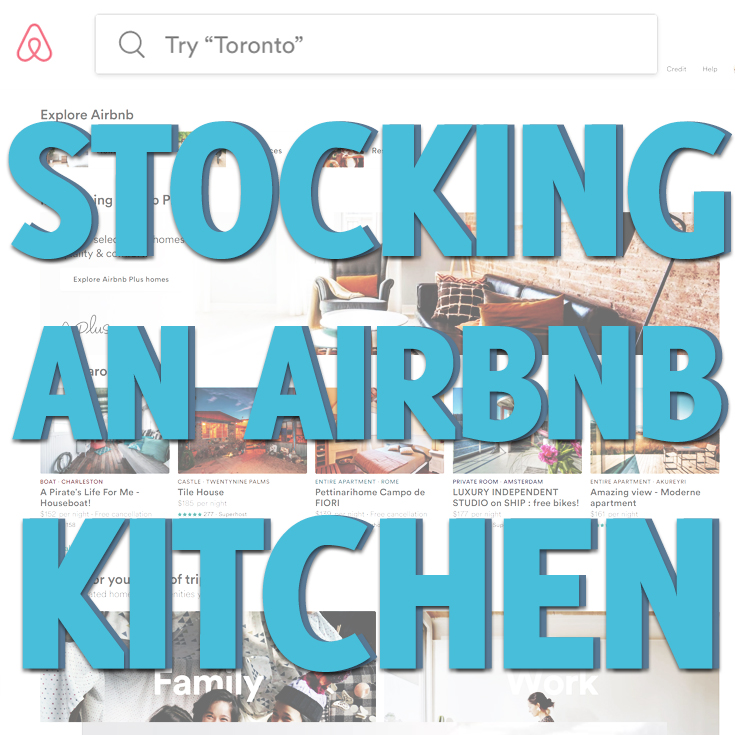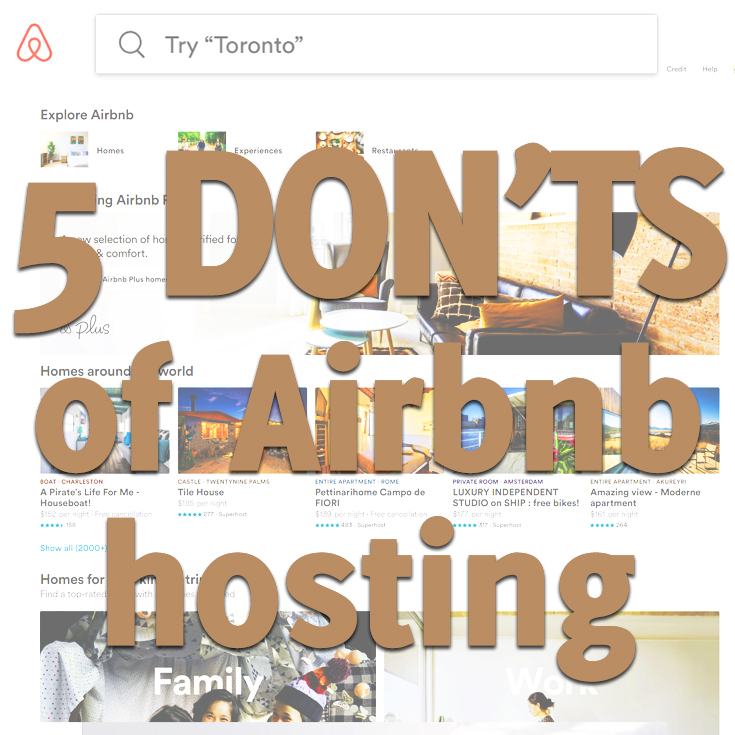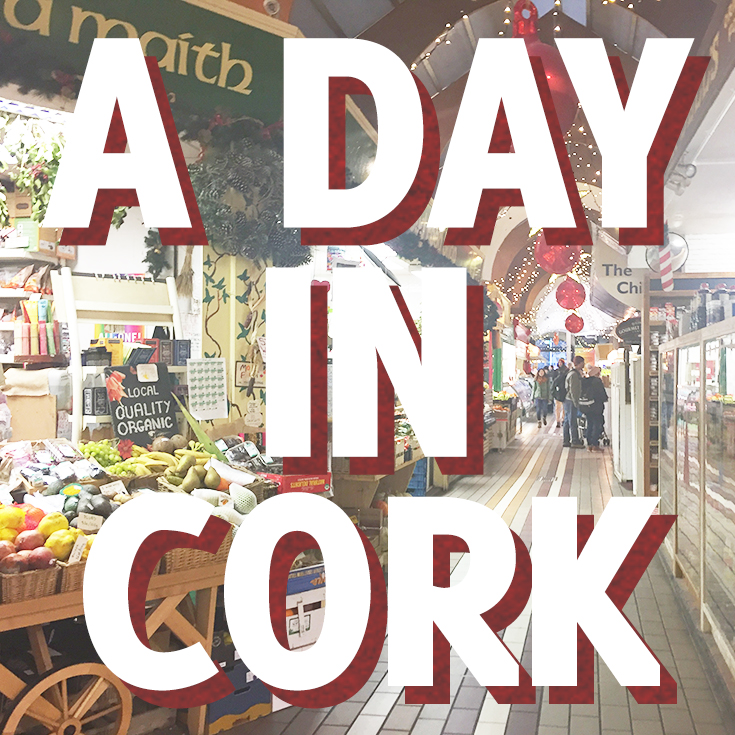Over the past 14 months, we’ve lived exclusively in houses and apartments listed through home-sharing websites like Airbnb and VRBO. Our favorite is Airbnb (perhaps the subject of a future post?), and we want to share our experience with finding that perfect place for you. Here are the ways to spot a good Airbnb listing…
First time Airbnb user? Get up to $40 off by booking through this link: www.airbnb.com/c/rmcmurraybranscombe
What to look for in PHOTOS
If the photos are only exterior shots, this is a red flag to me. It makes me wonder what the host is not showing me on the inside. I feel the same way when over 50% of the photos are local scenery shots. Sure, the general environs are exciting (that’s why I’m traveling there), but unless that photo of the beach is from the balcony, or the sunlit field is the house’s backyard—a plethora of these photos tend to turn me off.
Instead, I look for clean, well-lit photos of each room. I look to see the bedrooms, the kitchen and the bathrooms. Honestly, these tell so much about the house. Sure, a couple “artsy” photos of the details can reflect the good taste of the owner (a painting, a succulent flower pot), don’t let the cool small stuff distract you from any big-picture problems, such as poor lighting, clutter, lack of kitchen appliances, etc.
Basically, I eliminate 75% of Airbnb listings by the photos alone (insert tongue-in-cheek statement here about how “A picture is worth…”)

What to look for in DESCRIPTION

In a description, I’m looking for a few things: the layout of the space, the proximity to the surrounding sights, the nearness of the landlord and anything else that seems hidden.
In the layout of the space, I want to know exactly how many rooms/beds/toilets/etc. This is important because some hosts list their property as having WAY more beds than they actually do. How? By claiming every sofa and chair as a sleeping space. You can resolve a lot of this by checking how many bedrooms you want (versus beds), but some hosts will still opt for a liberal interpretation of bedrooms.
In the proximity to sights, I weight the location with my transportation options. If I’m on foot, how far do I want to walk? If I’m driving, will I have access to parking? Is street parking safe in that neighborhood? How close are they to a major public transportation stop?
In the nearness of the landlord, I’ll admit, I’m a bit particular. In my opinion, not enough listings are clear about whether the landlord lives on the property or not. Even when you select that you want an “entire house,” that could mean an entire apartment within the landlord’s larger house. For all you know, the landlord could be just on the other side of a flimsy door. Since privacy is a high priority for me, I prefer if the landlord lives nearby (for emergencies), but not in the same building. This is hard to determine from the description sometimes, but you learn to read the signs (Like when it says “Entire Apartment” but the pictures show a house).
Finally, read through the description carefully, noting anything you think they are trying to say, without having to say it. Maybe they’re on the top of a seven-story building without an elevator. Maybe the heating system doesn’t work. Maybe they are in a rough neighborhood. Question every sentence in the description to determine what’s really being told to you (What does “cozy” mean? How about “rustic”?), and then cross-reference that with either the reviews, or just ask the host outright.
What to look for in PRICING
Mostly, the pricing can be straightforward. I still look for deals, however. If you stay longer than a week, more places will offer you a discount. If you stay longer than a month, you could get a giant discount. So we often choose to stay longer in one house (at least a month) to get the discount, and then use that as a hub to visit all the surrounding areas. Even if you’re just spending a week in France, can you find a centrally-located house to get that discount?
One thing to note about pricing is that hosts can tack on extras fees in a separate space. These fees could include mandatory cleaning fees (on top of the Airbnb cleaning fees), pet fees, utility fees, tourist fees, and so on. This may be in the description or listed under House Rules. As long as they list them somewhere, you have to pay them. As you’re looking for a good deal, don’t forget to factor in these costs.

What to look for in LOCATION

While you can’t see where an Airbnb space is exactly on the map, they usually show you the area of town. So we almost always pull it up on Google Maps, and then use Street View to wander through the neighborhoods to get a feel for the area. Sometimes, we love the area and we’re sold. Other times, even if the house is good, we may not like the area.
You can find out a lot with a few detective skills (I’m sure none of us has ever cyber-stalked, so this is news to us all). We can even occasionally find the house/space itself on Google Maps!
This process also comes in handy when it’s time to move in–you can “drive” through the streets to get a better understanding of the roads and parking situation, as well as what services are nearby.
What to look for in REVIEWS
I cannot stress the reviews enough. TBH, hosts can post a lot of information online without Airbnb even being able to check the validity. This is why you need your reviewers. I won’t even look at a space that has zero reviews. Honestly, as I’m a long-termer and will be stuck with whatever house I pick, I most likely won’t consider a house that has less than 4.5 stars and over 5 reviews.
Within the reviews, I look for confirmation of everything I’ve seen and read thus far. I expect them to tell me all the negatives the host won’t (there’s really loud traffic at night, the plumbing’s a bit off). They also tell me the positives (kind and gracious host, bigger than the pictures make it seem, quaint and friendly community). There’s even a way for people to give stars for “Accuracy”—this is the most important metric to me.
Finally, I look to see how the host responds to a negative review. Hey, negative reviews happen—it’s a part of our online world. If the host is rude, fights and name-calls (this really happens), it’s an automatic “no” from me. If the host responds professionally, even if they disagree, then I’m still in.

What to look for in COMMUNICATION

This is a newer value I’ve added. It’s important to know how the host views communication.
We’ve had the occasional thing go wrong while in an Airbnb rental (it happens). These are usually small things like the WiFi, electricity or water heater cutting out. We want to know the host will be responsive. As long-termers, sometimes we can afford a little patience. But if you’re only staying a couple nights in a rental, a lapse in communication could span the entire vacation period.
So before I make a booking, I think of a few questions and send them along to a host to determine their level of communication. If they respond in a time I can live with (usually within 12 hours for me), then we’re good to go. If they take days to respond to my questions, that doesn’t bode well for the future. As you look for a good Airbnb listing, don’t underestimate the value of clear and quick communication, whether you’re renting for a night or a month.




